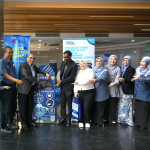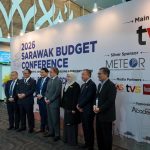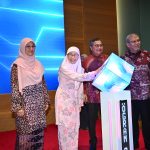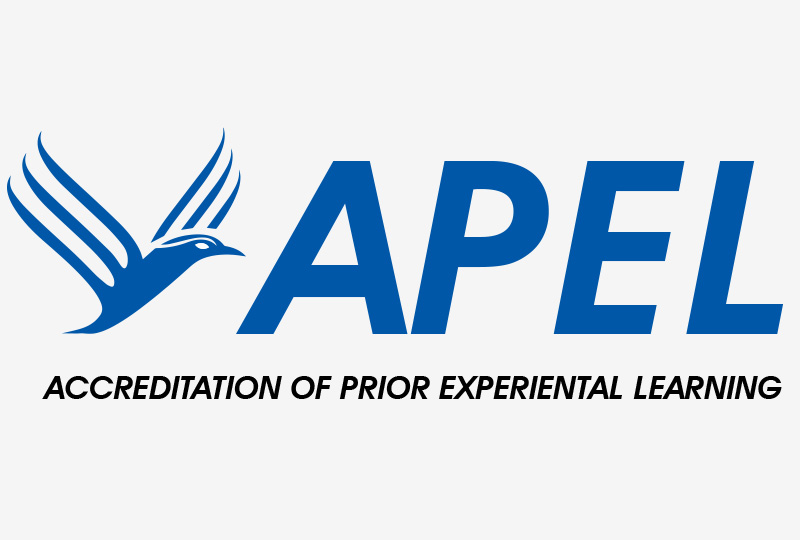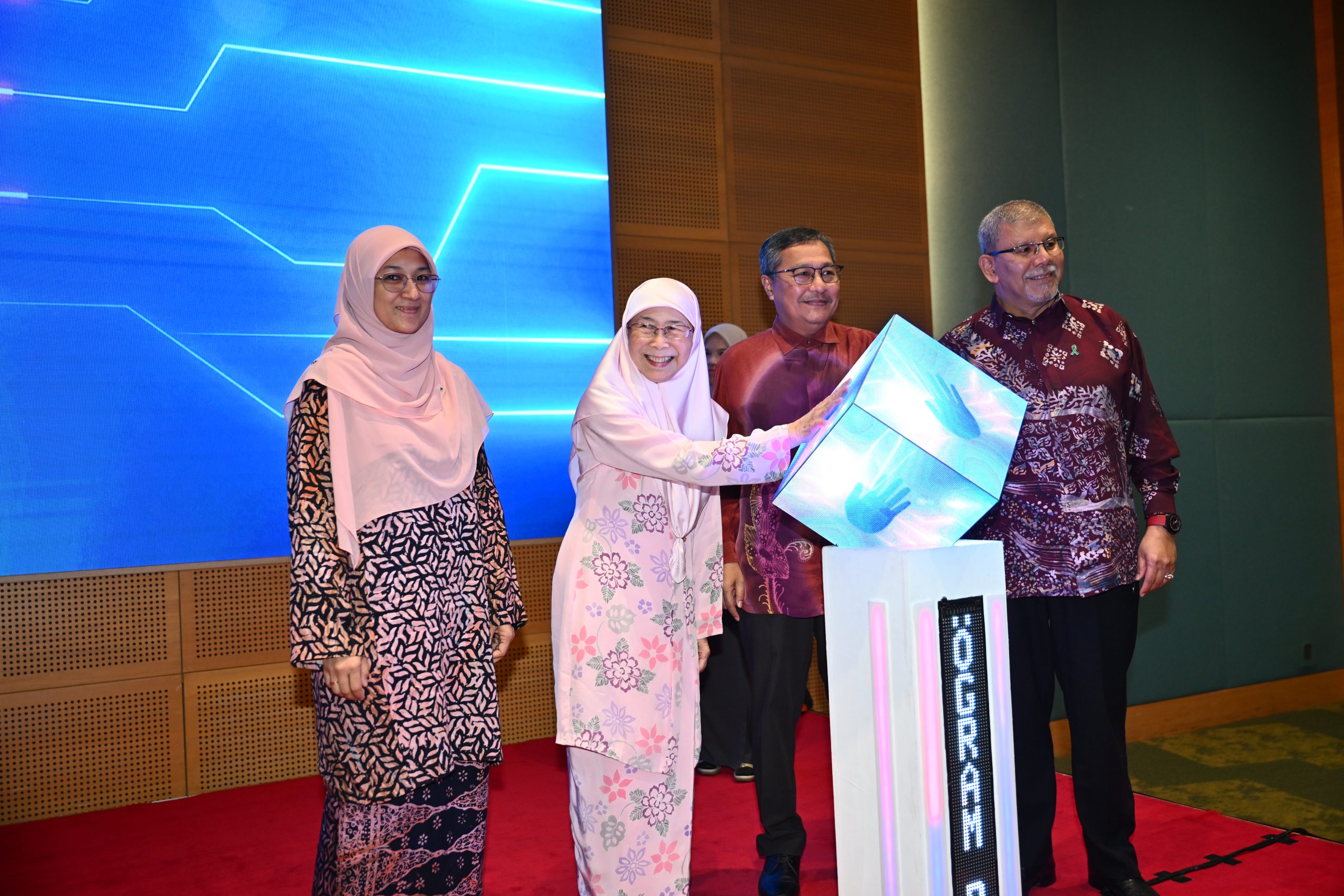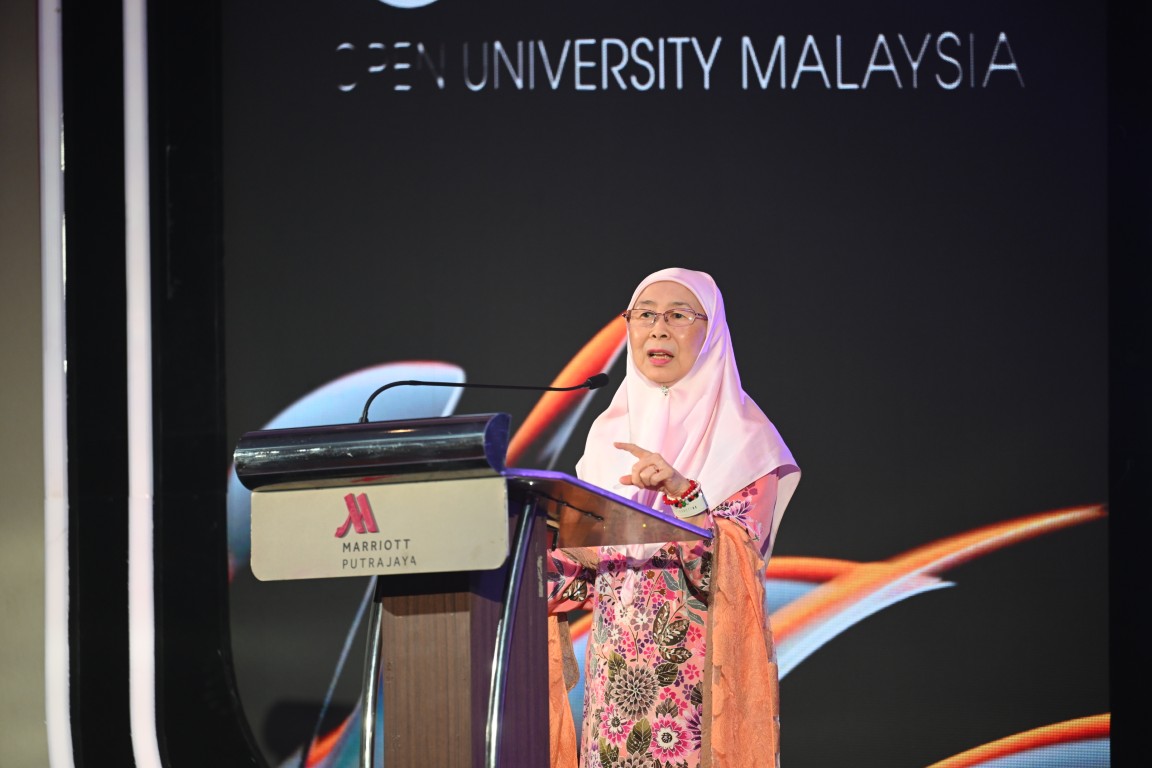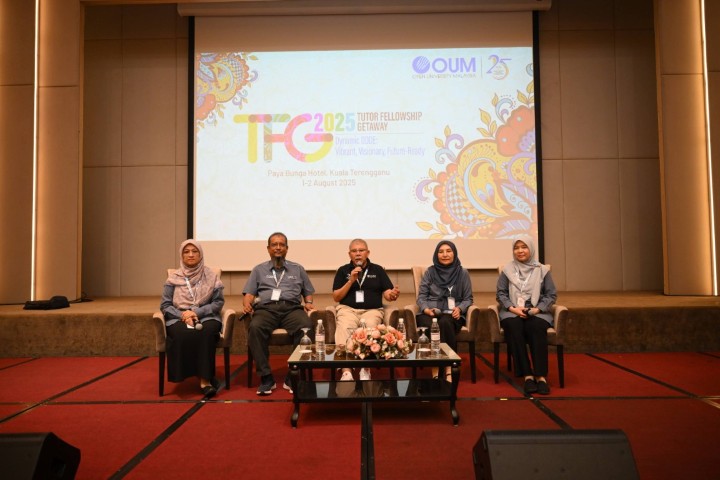“We want to see Malaysia as a future for working adults,” she said after attending a seminar on flexible education.
Apel was introduced in 2011 as a means of access to higher education for adult learners who have work experience but are without academic qualifications.
Potential candidates for Apel T-8 must be Malaysian citizens, at least 35 years old and must pass the Apel T-8 assessment, among other requirements.
Under the MQA, there are two types of Apel – Apel (A) and Apel (C).
Apel (A) allows those without formal qualifications but have extensive experience to enrol into various diploma, bachelor’s and master’s programmes.
Apel (C) enables their learning experience to be assessed and if proven competent, they can earn credits for relevant courses, shortening their study duration.
“We have the conventional method where after completing their secondary school education, students continue with their degrees, but some Malaysians are not so fortunate,” she said.
“Somewhere along the way as they work, they realise that they are ready to acquire higher education (qualifications) but they may be unable to get leave to study.
“That’s how Apel is formulated,” she added.
